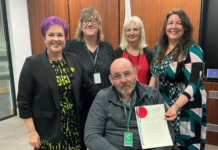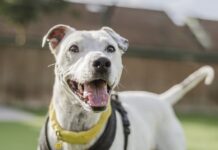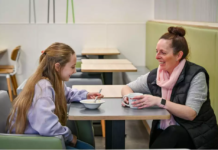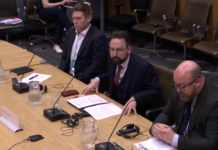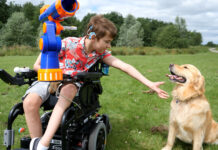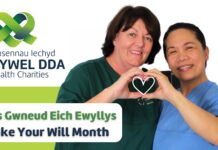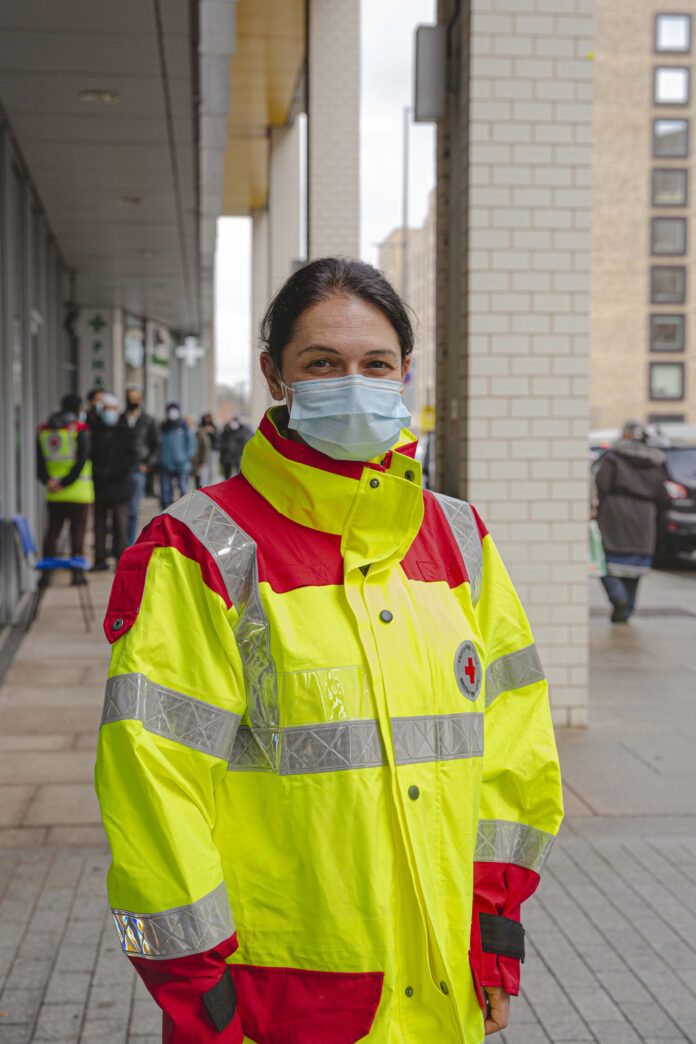
Charity says having an “informed conversation with loved ones about the vaccine is a kind thing to do, that saves lives”
The British Red Cross is encouraging people in Wales and across the UK to have open conversations with their loved ones as part of a nationwide campaign to tackle hesitancy towards the Covid-19 vaccine.
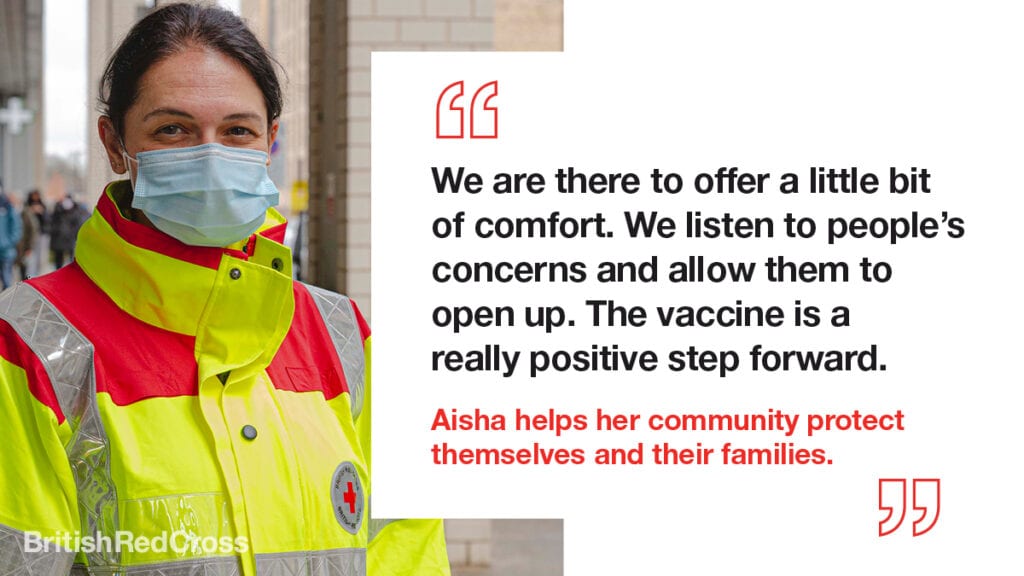
The charity has launched an online information hub on the coronavirus vaccine, new research and a short film featuring real-life family conversations about getting vaccinated.
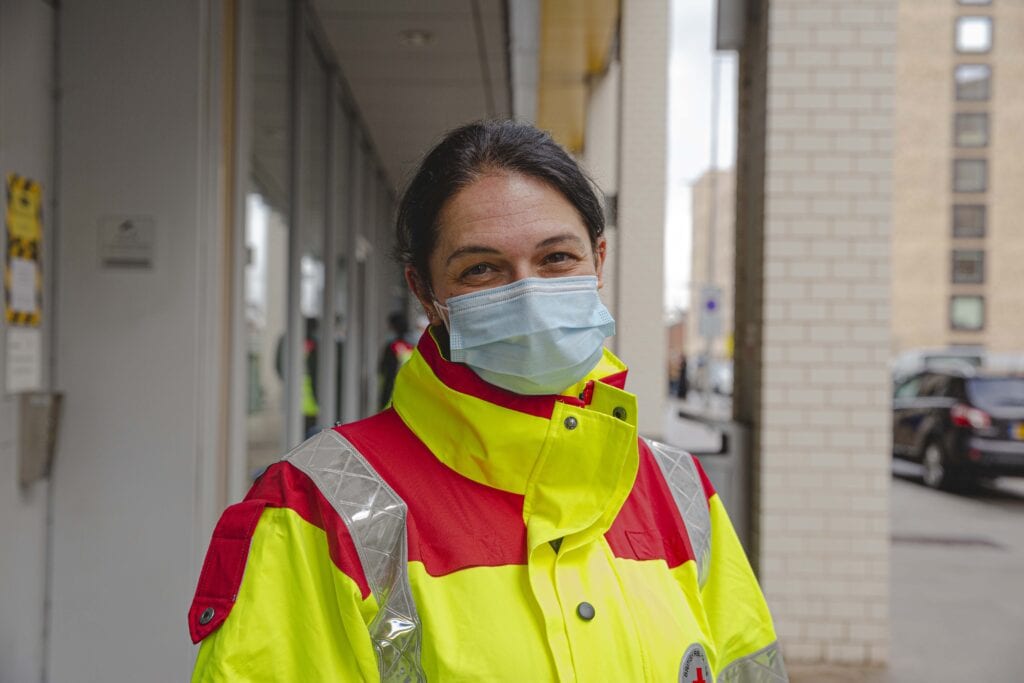
Digital adverts will appear at 650 locations across the UK as part of the British Red Cross campaign, which also includes radio ads and social media posts, encouraging families to have informed, positive conversations about the vaccine, based on facts not fiction.
Each ad is specifically sited, based on data gathered by British Red Cross teams which indicates areas where vaccine hesitancy is highest. It’s hoped that by targeting ads the message will resonate more strongly. In Wales, the advertising displays can be seen this week at St David’s shopping centre in Cardiff.
The Red Cross says that given the significant role families could play in decisions around vaccine uptake, it is vital people are equipped with facts and information to have informed conversations. The charity says that having a conversation with a loved one about the vaccine is a kind thing to do, that saves lives.
New research conducted to coincide with the launch of the campaign, explores the issue of vaccine hesitancy in the UK, in particular among Black, Asian and Minority Ethnic (BAME) communities. The data, which highlights vaccine hesitancy is higher in some, but not all, B.A.M.E communities, points to the particular importance of family as a source of information – and misinformation – about the Covid-19 vaccine.
Black, Asian and Ethnic Minority Brits are nearly twice as likely to get information on the vaccine from friends and family; trust family more than any other source of vaccine information other than health professionals; and are much more likely to have discussed their decision about whether to have the vaccine with extended family.
However, the extensive poll, which is the latest study into the issue, highlights that people from B.A.M.E backgrounds are over twice as likely to have spoken to family and friends about their vaccine concerns (31%, compared to the national average of 14%). They are also much more likely to have seen or heard information encouraging them not to have the vaccine (62% compared to 42% of the national sample).
The polling data holds significant findings for policy makers, health bodies and organisations focused on increasing confidence and uptake in the Covid-19 vaccine.
Top line findings
- Family, along with healthcare professionals and scientists, are one of the most trusted sources of information about the vaccine. 81% of people from B.A.M.E communities say they would trust information from their family, which is higher than the government (66%) and the mainstream media (50%).
- Vaccine hesitancy remains higher amongst some, but not all Black Asian and Ethnic Minority communities. The research strongly points towards people from B.A.M.E backgrounds not being approached as one homogenous group. The charity is calling for person-centred approach to communicating with individuals about the vaccine.
- Outright rejection of the vaccine is far highest among respondents identifying as Black African, Black Caribbean or Pakistani.
- The majority (82%) of people from B.A.M.E communities who are vaccine hesitant say they could be convinced to have the vaccine. People are most concerned about side effects (57%), followed by the speed of production (36%) and ingredients (34%).
The British Red Cross says that while the data shows that there is still hesitancy around the vaccine among some B.A.M.E communities, family conversations could be key to tackling hesitancy. The charity has launched a new film and information hub, to encourage families to have informed conversations about the Covid-19 vaccine, based on facts not fiction.
Professor Geeta Nargund, Vice-Chair of the British Red Cross and senior NHS consultant and, says:
“As a doctor, I know how important it is to reassure patients about the Covid-19 vaccine and address any concerns and hesitations they might have. Many people simply want to talk it through and also check if some of the information they have seen is accurate.
“Unfortunately, we know that people from B.A.M.E communities are far more likely to have received misinformation encouraging them not to have the vaccine.
“Critically, and especially for people from B.A.M.E communities, your family is also likely to play a big part in the decision to have the vaccine.The British Red Cross wants to equip people with accurate information so people can have kind, informed conversations with their family about the vaccine, based on fact not fiction.
“When it comes to family, a key thing to remember is that by taking the vaccine, you are not only protecting yourself but also saving the lives of your loved ones. Having informed conversations about the vaccine is a kind thing to do, that saves lives”.
Health Minister Vaughan Gething said:
“It is important everyone makes an informed decision about taking the vaccine and I would encourage people to discuss it with their family and friends.
“The Welsh Government is working with Black, Asian and Minority Ethnic groups and others to ensure they have all the scientific information about the vaccine.
“I want to make it abundantly clear to all, the vaccine contains no pork products or traces of foetal matter and is safe for all ethnic minority and faith communities.
The vaccine offers us a path out of the pandemic and by taking the vaccine people are protecting others, not just themselves.”
Aisha Rehman, 45, originally from Flintshire now lives in London and volunteers with the British Red Cross to support the vaccination roll-out. Her parents live in Flint and work for the NHS.
Aisha said: “My parents both work in front-line general practice. My father is Pakistani and I’ve had general concerns about his welfare, as he may be at greater risk during the pandemic. I’m also far away from home and restricted from visiting so I’ve worried that they would keep well and stay virus-free. Since I can’t go home to see them, we’re in regular daily contact via phone and video chat. We talked about our thoughts, about getting the vaccine versus possible side effects and the importance of protecting ourselves and others by being vaccinated.”
“Personally, I think it’s really important to have the vaccine.
“I would be asking people, if they did have any concerns, to talk about these with their loved ones, to look at reputable websites, like the NHS, to address any apprehensions as well as ask questions of the vaccinator, be truthful about any allergies etc that they’ve got, but try not to be worried. I would just remind people that this is a really positive step forward in defeating or at least protecting us from this virus and enabling us to return to enjoying the things we used to love doing and most importantly seeing and spending time with the people we love and from whom we have been separated.”
For more information about British Red Cross information hub on the coronavirus vaccine, please visit: redcross.org.uk/coronavirus-vaccine
Help keep news FREE for our readers
Supporting your local community newspaper/online news outlet is crucial now more than ever. If you believe in independent journalism, then consider making a valuable contribution by making a one-time or monthly donation. We operate in rural areas where providing unbiased news can be challenging. Read More About Supporting The West Wales Chronicle









